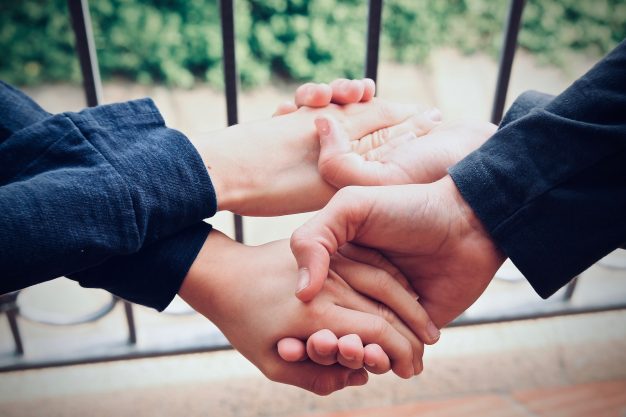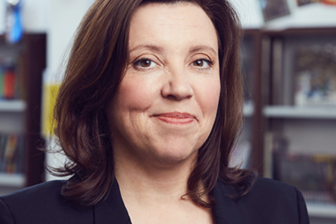
Global project to help youngsters support each another during emergencies
The World Health Organization (WHO) is part of a new programme aimed at giving children and teenagers the skills and knowledge needed to support their friends during traumatic events.
Based on the principles of Psychological First Aid (PFA), the ‘I Support My Friends’ training is being widened following successful pilots in Japan, Jordon, Mongolia and Turkey.
The training is a collaboration which also includes global children’s charities UNICEF and Save the Children, and the MHPSS Collaborative, a mental health research platform. All have helped with the design of the training and pilot projects.
Dr Ali Schafer, WHO lead for the project, said: “Children and adolescents are often the first to see how their friends are affected by distressing events, whether in the home or school environment or during a large-scale emergency such as a natural disaster or conflict situation. Equipping children with the right skills to support one another can have huge benefits in terms of their ability to cope and move forward in difficult circumstances.”
‘A special focus on empowering children’
There is a resource kit, for adults who plan to conduct the training, which is aimed at 9-17-year-olds. It includes four components: a theory and implementation guide; a training manual for a 3-day course for children; a children’s participant workbook; and a manual for training of facilitators.
Sections on how to prepare for and monitor and evaluate the training as well as considerations relating to gender and inclusivity are also included. The materials have a special focus on empowering children to also work with responsible adults and encourage a peer-to-peer support approach as part of wider efforts to secure the basic needs and rights of children, adolescents and their families.
The training can be conducted either directly by an organisation with the required expertise or in partnership with another entity, such as a school, government or community-based organisation. Collaboration with local partner institutions or community networks is key to having a broad reach and sustainable impact. The training can also be integrated into existing programmes such as those for child protection, health promotion, education, life-skills training, peace-building initiatives and disaster preparedness.
One 15-year-old girl who took part in a training session in Japan said: “When I first heard about PFA, I thought it was something only professionals could do and it would be difficult. However, I enjoyed learning about listening to my friends, asking for help if I believed it was right to do so, and helping to reduce my friends’ concerns.”
Click here for information on downloading the training materials.




